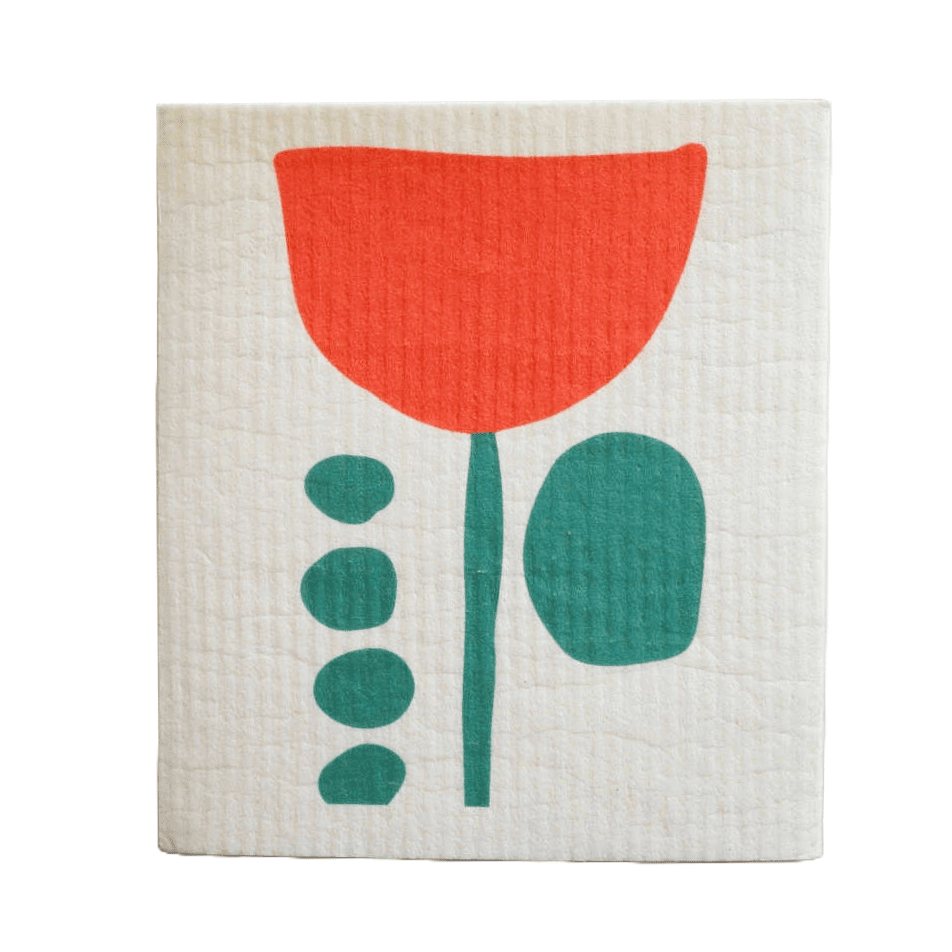





Sign up for restock notifications!
Sign up for restock notifications!
Sign up for restock notifications!
Sign up for restock notifications!
Sign up for restock notifications!
Couldn't load pickup availability
We sell for $1.75 | Retails for $2.75
Did you know that over 51,000 trees, and 356 million gallons of water are required every single day to feed our paper towel addiction? And that's just in the US alone...
Now, you can use these sponge cloths for anything you may normally use a paper towel for. It's an essential household item in most European households, but for some reason aren't used in the U.S.
Unlike paper towels, these dish cloths are made from 100% organic bamboo fibers and natural cellulose. They can be used 100's of times before being thrown away or composted, and they don't emit micro-plastics! (Unlike conventional sponges).
Perfect for spills and counter cleans, or to pair with our concentrated surface cleaners.
Note: Almost all other dish cloths are made with cotton and cellulose, instead of bamboo and cellulose, but we chose bamboo because it is ridiculously more sustainable as a raw material. With no difference to the product's quality.
100% organic bamboo and natural plant cellulose
These cloths are produced and sold by Ecoternatives: the world's first affordable zero waste store.
Every year, 10 million trees and 130 billion gallons of water are used to produce paper towels. And once thrown away, these sheets add ~3,000 tons of waste to landfills, where they break down and generate methane. A greenhouse gas ~30 times more effective than carbon dioxide at trapping heat in the atmosphere.






